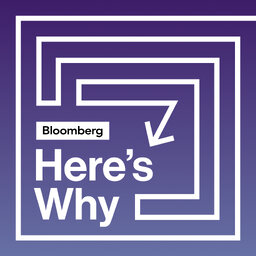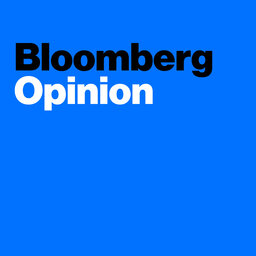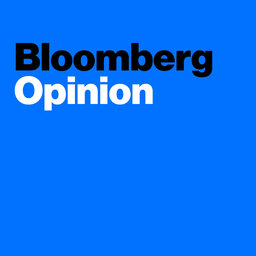Dire Straits?
The House Speaker's visit to Taiwan vied with the 'Fed Pivot' in dominating the market narrative this week. John Authers and Tim Culpan assess. We speak with Liam Denning about a green map of America that may surprise. And David Fickling explains why falling grain prices and the reopening of the Port of Odesa provides little comfort for governments trying to feed nearly 800 million hungry citizens.
In 1 playlist(s)
Bloomberg Opinion
Deeper conversations on the week's most significant developments. Tune in and join in!Social links
Follow podcast
Recent clips

Introducing 'Here's Why' - Complex News Stories Explained
00:30

Airline Mergers and Restaurant Loyalty
35:20

Fossil Fuel Use and Drug Development
35:28
 Bloomberg Opinion
Bloomberg Opinion